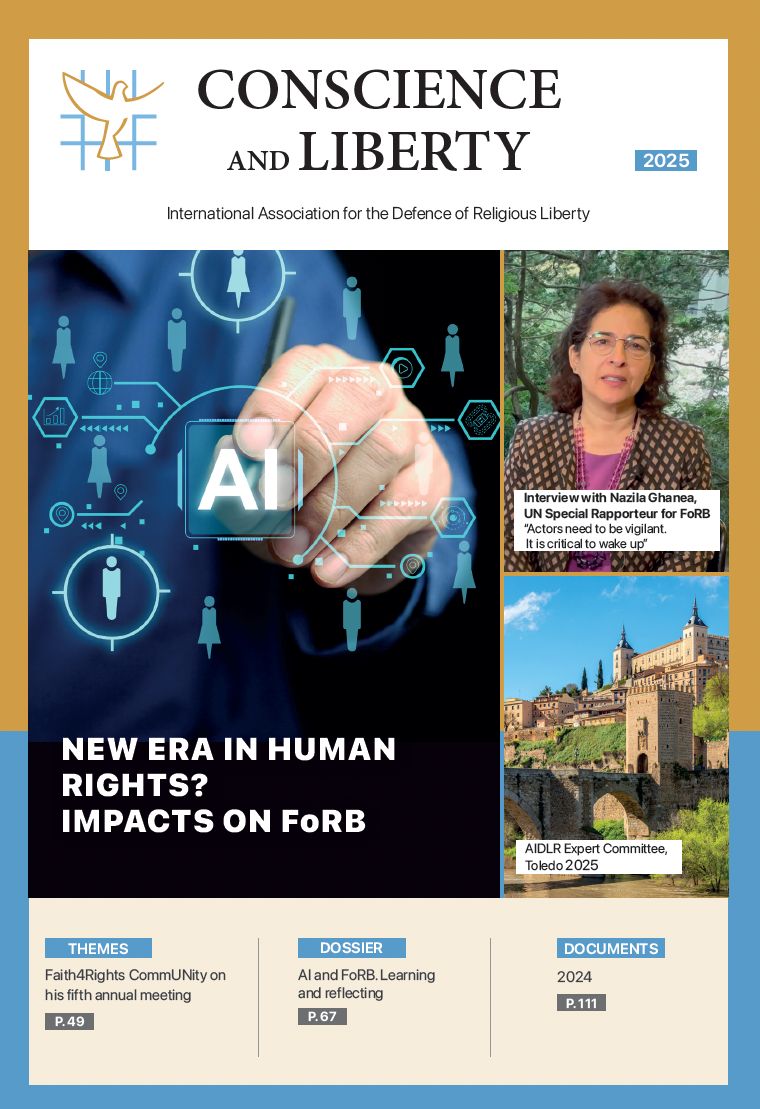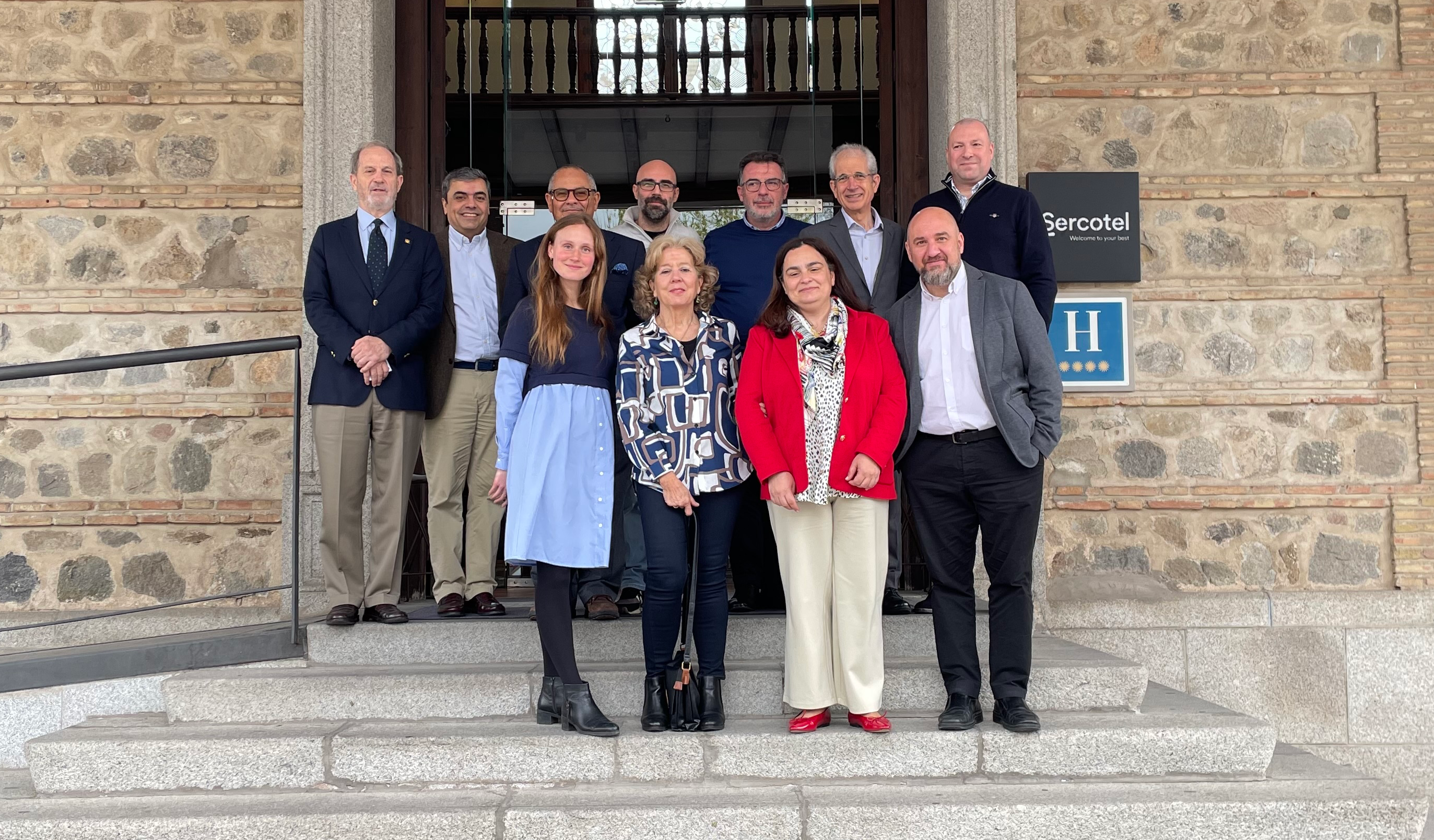How Can this Legacy Positively Shape the Future of the EU?
The following press release has been delivered by the Secretary General of the AIDLR during the event organized on Tuesday 17th October 2017 at the European Parliament in Brussels by MEP HANNU TAKKULA. With the participation of European Parliament politicians: MEP CSABA SÓGOR, MEP ALOJZ PETERLE, MEP ARNE LIETZ, MEP MAIREAD MCGUINNESS, MEP CECILIA WIKSTRÖM, MEP PETER VAN DALEN; of religious leaders: Bishop SIMO PEURA, Pastor KATTY OLDENDOORFF -the Rector of the Finnish Seamen’s Mission’s everyday life-, Father HEIKKI HUTTUNEN -Secretary General of the Conference of European Churches-, Pastor RAAFAT KAMAL -President of the Trans-European Division (TED) of the Seventh-day Adventist Church-, Pastor KATRIN HATZINGER -Senior Church Counsel and Head, Evangelical Church in Germany-, and professors , Utrecht University and DEZSO BUZOGANY Dezső Buzogány, from the Protestant Theological Institute of Cluj-Napoca, and many others.
The panels of the Conference focused on “The societal significance of Luther’s emphasis on grace”, “The reformation legacy as shaper of the EU in the past, present and future” and, “The EU and church dialogue”. Father Heikki Huttunen debated on the “practical role and influence of religion and religious people to our society”, and professor Dezso Buzogany talked on “Luther as an instrument in the hand of God”, “the historical changes were made by the word of God and by the power of God that put the Bible in the hand of people”. Cecilia Wikström underlined: “Luther’s legacy has been a positive one”. On the Reformation legacy, the Secretary General of the AIDLR contributed to the debate by looking from the perspective of German professor Heinz Schilling, author of the excellent book published recently on “Martin Luther, Rebel in an Age of Upheaval” and focusing on “the importance of qualitative renewal of religion to our society, today” at the beginning of the 21st Century. Dr. Liviu Olteanu underlined: if we look today to the impact of the Reformation as a shaper of the EU’s present and future, first of all, we have to start by not forgetting the lessons of the history, the big picture of the past that opened doors of light and hope for future generations. Against his will, Luther assisted at the birth of the pluralistic and liberal modern age; indirectly and involuntarily, he contributed to the emergence of modern tolerance, pluralism and liberalism, religious freedom, and even more to the economics of modern society. “His deliberate personal legacy to the modern age lies elsewhere in the rediscovery of religion and faith as elemental forces for the individual and for society”. In the context of this topic, Professor HEINZ SCHILLING wrote and the Secretary General of the AIDLR quoted him: “As a result of the Protestant Reformation and the reformation of the papal church, for which Luther had provided the impetus, religion influenced the society, culture and politics of the modern age and was therefore able to play a decisive part in the radical transition that produced the European modernity”.
One of the statements expressed by the Pastor RAAFAT KAMAL in an enthusiastic, attractive and concise way, on “Reformation Unending”, stressed the need of the Reformation’s spirit for our generation: “Five hundred years ago, a powerful, continuous process of change, had its beginning. This process affected not only religious institutions and theological conceptions, but it brought a transformation in all aspects of the society. As Jesus Christ said, we can change the world to make it a better place. The Protestant Reformation is not a historical event frozen in the 16th Century. On the contrary, the Reformation spirit and message must be rediscovered and relived today if we are to make the most of its core principles.



